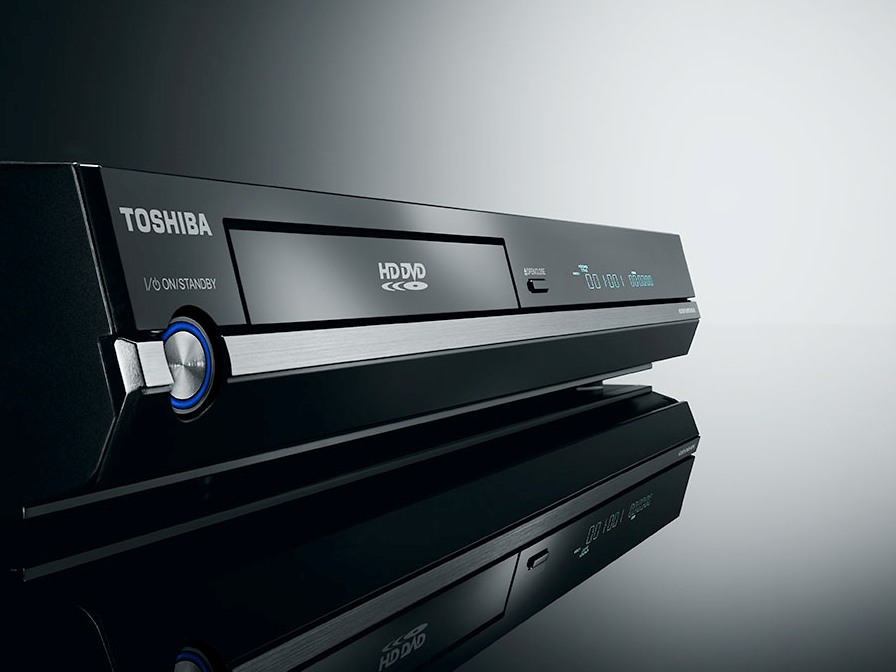7 things you DIDN'T know about HD DVD
News
By
tech.co.uk staff
published
Test your knowledge of the next gen disc format

Join the conversation
Add us as a preferred source on Google
Get the TechRadar Newsletter
Sign up for breaking news, reviews, opinion, top tech deals, and more.
By submitting your information you agree to the Terms & Conditions and Privacy Policy and are aged 16 or over.
You are now subscribed
Your newsletter sign-up was successful
An account already exists for this email address, please log in.
Subscribe to our newsletter
- 1. Although there are two competing HD disc formats, HD DVD has the backing of the DVD Forum - an official body of the media and technology industries. Blu-ray is backed by much of Hollywood but did not win Forum support.
- 2. HD DVD was originally called Advanced Optical Disc when it was being developed by Toshiba and NEC. It was able to adopt the DVD part of its name when it was endorsed by the DVD Forum.
- 3. As with Blu-ray, HD DVD can support a 24-frame progressive scan output. It matches frame-for-frame what film cameras shoot, giving more faithful and cinematic moving images. Both your player and TV must be compatible with 24-frame progressive playback. So far, only a few models like this exist.
- 4. It's possible to use the underlying video format of HD DVD (Microsoft's VC-1 codec) to burn your own kind of 'HD DVD' discs onto normal blank DVDs. These hold about three times the data of a conventional DVD and should be playable in HD DVD players and PC drives.
- 5. Most HD DVDs use two 15GB layers. Toshiba and TDK have since created discs with three 17GB layers, totalling 51GB. However, current players may not play these.
- 6. It's mandatory for every HD DVD player to support all previous DVD digital sound formats as well as the two new Dolby formats. DTS-HD compatibility is optional. This contrasts with Blu-ray, where Dolby Digital Plus, TrueHD and DTS-HD are all optional.
- 7. All HD DVD players are compatible with various interactive features and have broadband connectivity. Some innovative - some might say frivolous - extras on movies include GPS tracking maps for Miami Vice and Tokyo Drift. The latter, a sequel to The Fast and the Furious, also allows you to 'customise' a car for one of the film's sequences.
Ian Calcutt
Get daily insight, inspiration and deals in your inbox
Sign up for breaking news, reviews, opinion, top tech deals, and more.
Tech.co.uk was the former name of TechRadar.com. Its staff were at the forefront of the digital publishing revolution, and spearheaded the move to bring consumer technology journalism to its natural home – online. Many of the current TechRadar staff started life a Tech.co.uk staff writer, covering everything from the emerging smartphone market to the evolving market of personal computers. Think of it as the building blocks of the TechRadar you love today.
LATEST ARTICLES